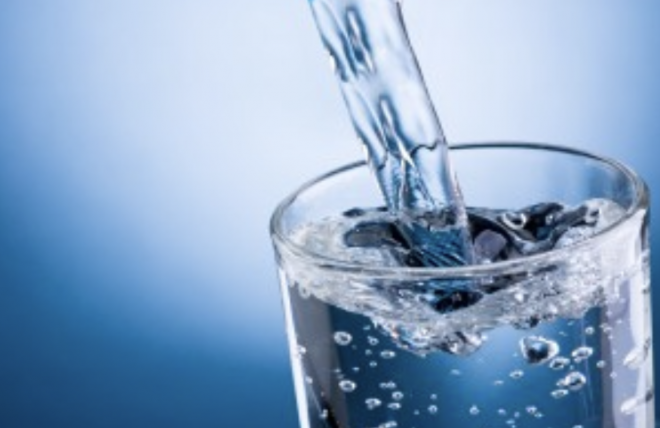Does Adding Salt to Drinking Water Boost Hydration?
Why are people adding salt to their drinking water? The quest for hydration may have gone too far. Drinking water every day is key to maintaining overall well-being. Not only does proper hydration regulate a healthy body temperature, but it also lubricates your joints and helps get rid of waste. Despite these benefits, most people fail to consume enough water day-to-day. The Centers for Disease Control and Prevention reported that from 2015 to 2018, children in the U.S. only drank an average of 3 cups of water daily while adults drank an average of 5 cups.
However, people on social media claim one easy and affordable tip that can help with hydration is adding salt to your water. One TikTok user states that adding Celtic sea salt to your water bottle can help you better absorb the water because the minerals in the salt can help “pick up the water molecules and drive them into our cells.” Even a certified clinical nutritionist made a video claiming that she adds salt to her water to help with hydration and replenish water and sodium levels. “To prevent headaches, muscle aches, and low energy, I make sure to add salt into my water or use an electrolyte supplement like LMNT,” she said.
But does it actually work? Here’s what experts want you to know before you begin adding salt to your drinking water.
Click below to continue reading this article!
https://www.health.com/does-adding-salt-to-water-help-hydration-7550827
From Our Blog
How Water Smart Are You?!
March 29, 2023
Almost everyone would agree that water is a very important part of our lives. Let’s see how much you know about the water that comes out of your tap
Continue ReadingThe Top 7 Benefits of Installing a Home Water System
August 3, 2023
Access to clean water is not always guaranteed, especially in areas where hard water is prevalent. Installing a home water filtration system can provide an abundance of benefits for your home and family.
Continue ReadingBenefits of Whole-House Water Filtration for Nashville Homeowners
June 29, 2025
Water quality is a vital consideration for new homeowners in Nashville. Moving into a new home presents an exciting opportunity, but it also comes with responsibilities, such as ensuring the water you use daily is clean and safe.
Continue Reading



